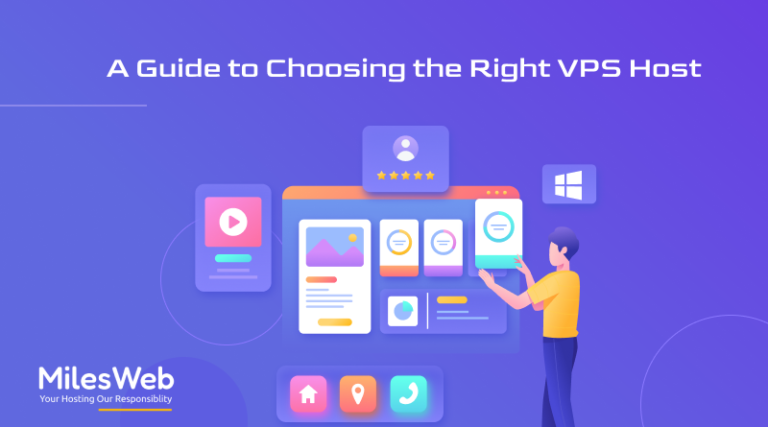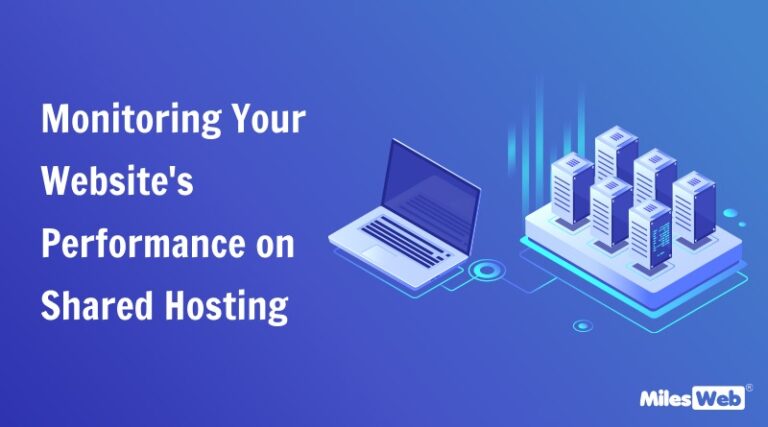Introduction
The IT industry is growing at an unprecedented pace, with businesses increasingly relying on cloud-based solutions to enhance scalability, efficiency, and security. As organizations transition from traditional on-premises infrastructure to cloud environments, the demand for skilled cloud software engineers continues to rise.
However, hiring the right professionals for cloud-based development presents unique challenges. Companies must navigate a competitive job market while ensuring they recruit candidates with the technical expertise and industry knowledge necessary to build, maintain, and optimize cloud applications. This article explores the popularity of cloud applications, key considerations when hiring cloud software engineers, and additional insights into modern IT hiring strategies.
The Rise of Cloud Applications and Market Statistics
Cloud computing has transformed the way businesses operate, enabling remote access to data, streamlined workflows, and enhanced security. The shift toward cloud applications is driven by the need for cost-efficient and flexible IT solutions that support innovation and business growth.
Several statistics highlight the increasing dominance of cloud-based solutions:
- According to Gartner, the global public cloud services market is projected to reach $678.8 billion by 2024, reflecting a 20.4% growth compared to the previous year.
- A report from IDC predicts that more than 75% of enterprises will use cloud-centric infrastructure by 2025.
- Flexera’s State of the Cloud Report indicates that 94% of enterprises are already using cloud technology in some capacity, with 81% opting for multi-cloud strategies to balance performance and cost.
- According to MarketsandMarkets, the cloud computing industry is expected to grow at a CAGR of 17.9% from 2023 to 2028, demonstrating strong long-term potential.
These figures confirm that cloud technology is no longer optional but essential for companies looking to stay competitive. As a result, hiring skilled cloud software engineers is now a priority for businesses across various industries.
Hiring Cloud Software Engineers: Key Considerations
Cloud software engineering requires a distinct skill set that differs from traditional software development. When hiring cloud professionals, companies must evaluate several key factors to ensure they select candidates with the right expertise and capabilities.
Technical Proficiency in Cloud Platforms
A cloud software engineer should have deep knowledge of major cloud platforms, such as Microsoft Azure, Amazon Web Services (AWS), and Google Cloud Platform (GCP). Each platform has unique services and architectures, and candidates should demonstrate proficiency in deploying, managing, and optimizing cloud applications within these environments.
Experience with Cloud-Native Development
Modern cloud applications are built using microservices, containers, and serverless computing. Candidates should have experience with:
- Containerization technologies like Docker and Kubernetes
- Serverless computing models, including AWS Lambda and Azure Functions
- Infrastructure as Code (IaC) tools, such as Terraform and CloudFormation
Security and Compliance Awareness
With cybersecurity threats on the rise, cloud engineers must understand cloud security best practices, data encryption, and compliance standards such as GDPR, HIPAA, and ISO 27001. Organizations handling sensitive information should prioritize candidates with expertise in securing cloud applications.
Soft Skills and Problem-Solving Abilities
Beyond technical knowledge, a successful cloud software engineer should possess strong problem-solving skills, adaptability, and collaboration abilities. Cloud development often involves working with cross-functional teams, requiring effective communication and teamwork.
The Impact of Remote Work on IT Hiring
The shift toward remote work has significantly influenced IT hiring trends. Companies are no longer limited to local talent and can recruit skilled professionals globally. This change has both benefits and challenges.
One major advantage is access to a broader talent pool. Businesses can hire highly skilled cloud engineers from different regions, improving diversity and innovation within teams. Additionally, remote work helps reduce operational costs, as companies no longer need extensive office space or infrastructure.
However, hiring remote cloud engineers also comes with challenges. Organizations must implement robust collaboration tools, cybersecurity measures, and performance-tracking systems to ensure efficiency. Additionally, building a strong company culture in a remote environment requires intentional efforts, such as virtual team-building activities and clear communication strategies.
Balancing Cost and Quality in Cloud Hiring
Hiring skilled cloud engineers can be expensive, especially in highly competitive markets. To balance cost and quality, businesses often explore different hiring models, including:
- Full-time in-house employees, ideal for long-term projects requiring deep integration with company goals.
- Freelancers or contract-based hires, suitable for short-term projects or specialized tasks.
- IT staff augmentation, where businesses temporarily expand their teams with external cloud experts.
- Dedicated development teams, which provide an outsourced team exclusively focused on a company’s cloud initiatives.
Each model has its advantages, and the right choice depends on the project’s complexity, budget, and long-term business goals.
Conclusion
As cloud applications continue to dominate the IT landscape, hiring skilled cloud software engineers has become a crucial priority for businesses. Companies must assess candidates based on technical expertise, experience with cloud-native development, security awareness, and adaptability to ensure they build strong cloud development teams.
Additionally, businesses must navigate the challenges of remote hiring and cost management to find the right talent while maintaining operational efficiency. For organizations looking to scale their cloud infrastructure effectively, the best approach is to hire .NET cloud developers with specialized expertise in cloud platforms, security, and modern development practices.
By adopting strategic hiring models and prioritizing technical and soft skills, businesses can strengthen their cloud development capabilities and stay ahead in the ever-evolving digital economy.









